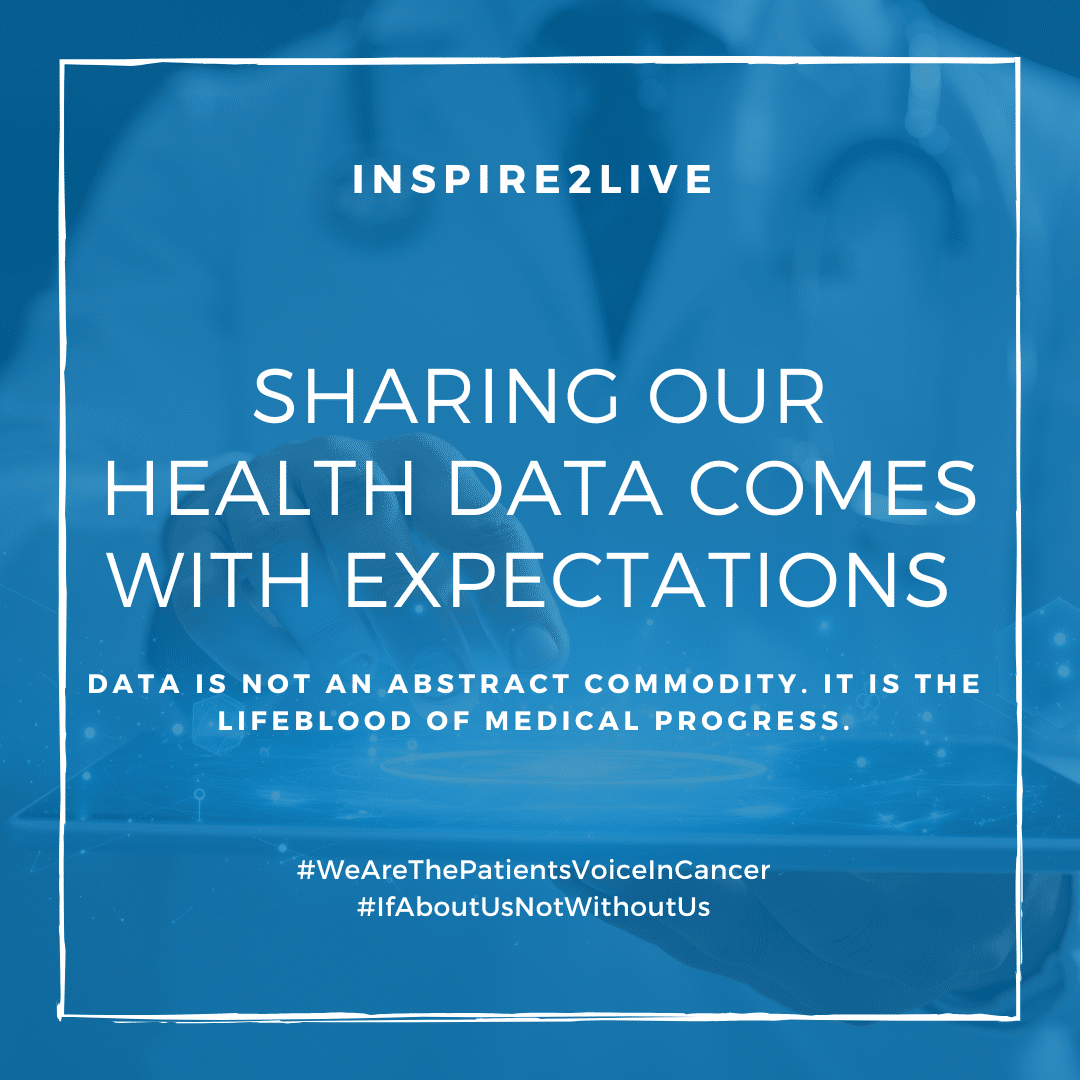This week I attended a congress in Brussels organised by the European Alliance for Personalised Medicine. Among the many engaging discussions, one theme stood out: the sharing of health data.
Two presentations were particularly powerful. Both highlighted a fundamental truth: health data is provided for a purpose – to enable research, to design and develop better treatments, and ultimately to improve quality of life.
George Kapatenakis, representing Greek patient organisations, put it plainly: sharing patient data is a social contribution. But this contribution comes with expectations. Patients are not giving their data away for free. They are entrusting it to researchers, clinicians, and policymakers with the demand that it be used to drive progress – for them, and for the generations of patients to come.
Joanna Hackett of IQVIA challenged the hollow phrase we hear far too often: ‘We protect the data for obvious reasons.’ What reasons, exactly? Rarely are they explained. Too often, data protection is less about safeguarding patients and more about preventing its use – a legal reflex that prioritises risk-aversion over innovation and patient benefit.
It is time to face reality: data is not an abstract commodity. It is the lifeblood of medical progress. Without it, research stalls, treatments remain undeveloped, and lives are lost. The hidden cost of saying ‘No!’, of the overprotection and legislative imbalance is measured not in abstract risk, but in preventable deaths.
We must urgently bring legislation and practice into alignment with the ethical imperative of data sharing. Patient data can be protected responsibly and used effectively. To do any less is to fail patients today – and to abandon those who will need care tomorrow.
Peter Kapitein
Patient Advocate, Inspire2Live

